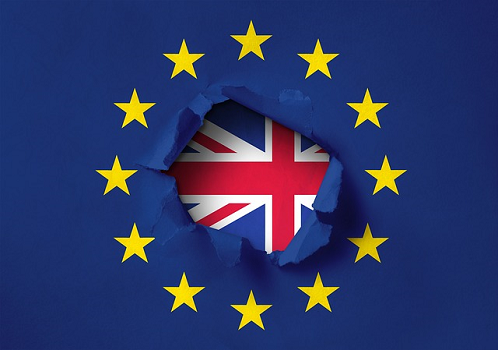Source: The Guardian 11 Jul 2017
• Broadbent warns Brexit could hurt UK trade
Breaking! Ben Broadbent, deputy governor of the Bank of England, is on his feet in Aberdeen now.
His message to the Scottish Council for Development and Industry is that Britain will suffer if its existing trade links with the EU are weakened by Brexit.
“Well, obviously the EU economies are highly developed, so our trade with Europe – which is extensive – is less skewed towards labour intensive goods and services than that with developing economies. Nevertheless, it has allowed for a great deal of specialisation. And if the theme of this talk is that the benefits of trade involve imports as much as they do exports, the same point applies. Put simply, a significant curtailment of trade with Europe would force the UK to shift away from producing the things it’s been relatively good at, and therefore tends to export to the EU, and towards the things it currently imports and is relatively less good at.
He also provides this chart [not shown] , showing how Britain has a “comparative advantage” in areas like financial services, but not in food and heavy-duty machinery.
So if trade links suffer, Britain will make less money from its service sector, and have to replace EU imports with domestic products. At a price.
And of course, the same is true of the EU (but on a smaller scale).
Broadbent concludes:
All else equal, the first shift (i.e. away from services exports) would tend to lower UK income, the second to raise certain costs (that is, of food and machinery). And, albeit on a smaller scale, relative to their (much larger) GDP, the same would be true for the EU16.
Trade really is mutually beneficial and less of it costs us all. That these truths are a couple of centuries old, and not always widely accepted, doesn’t make them any less true.

